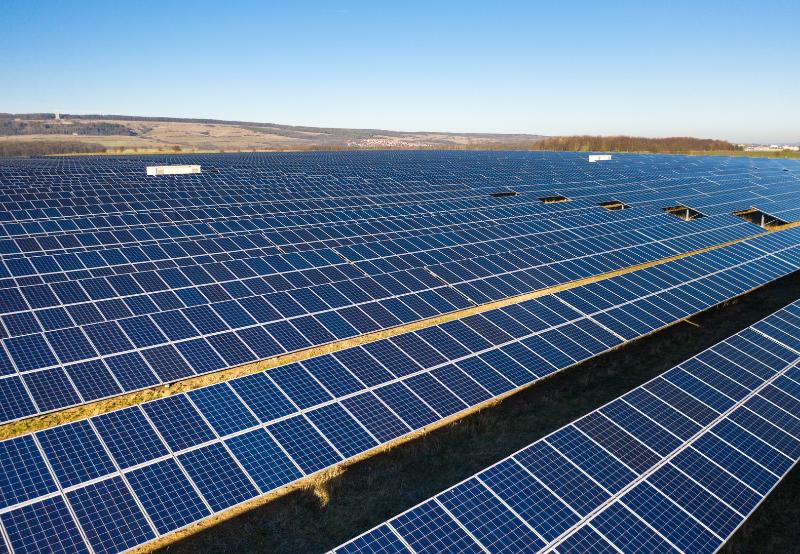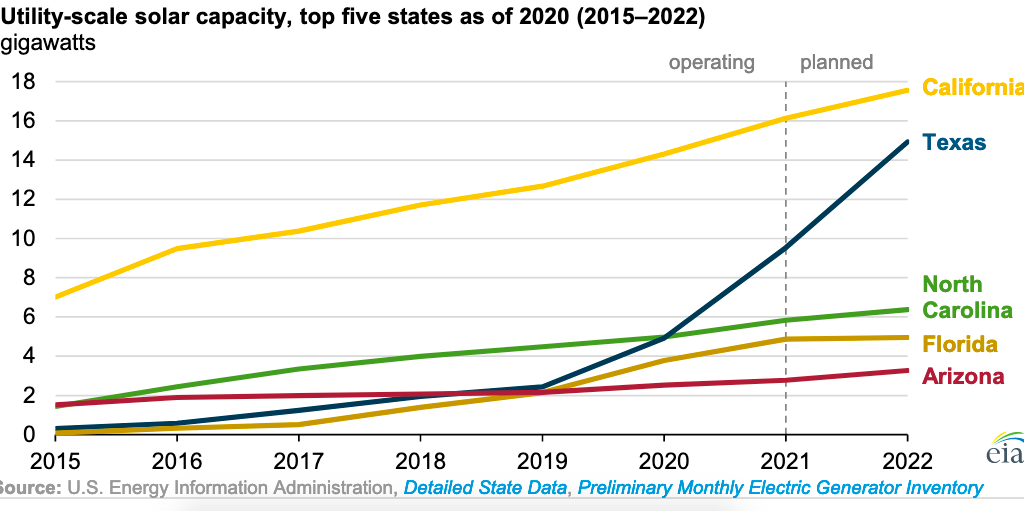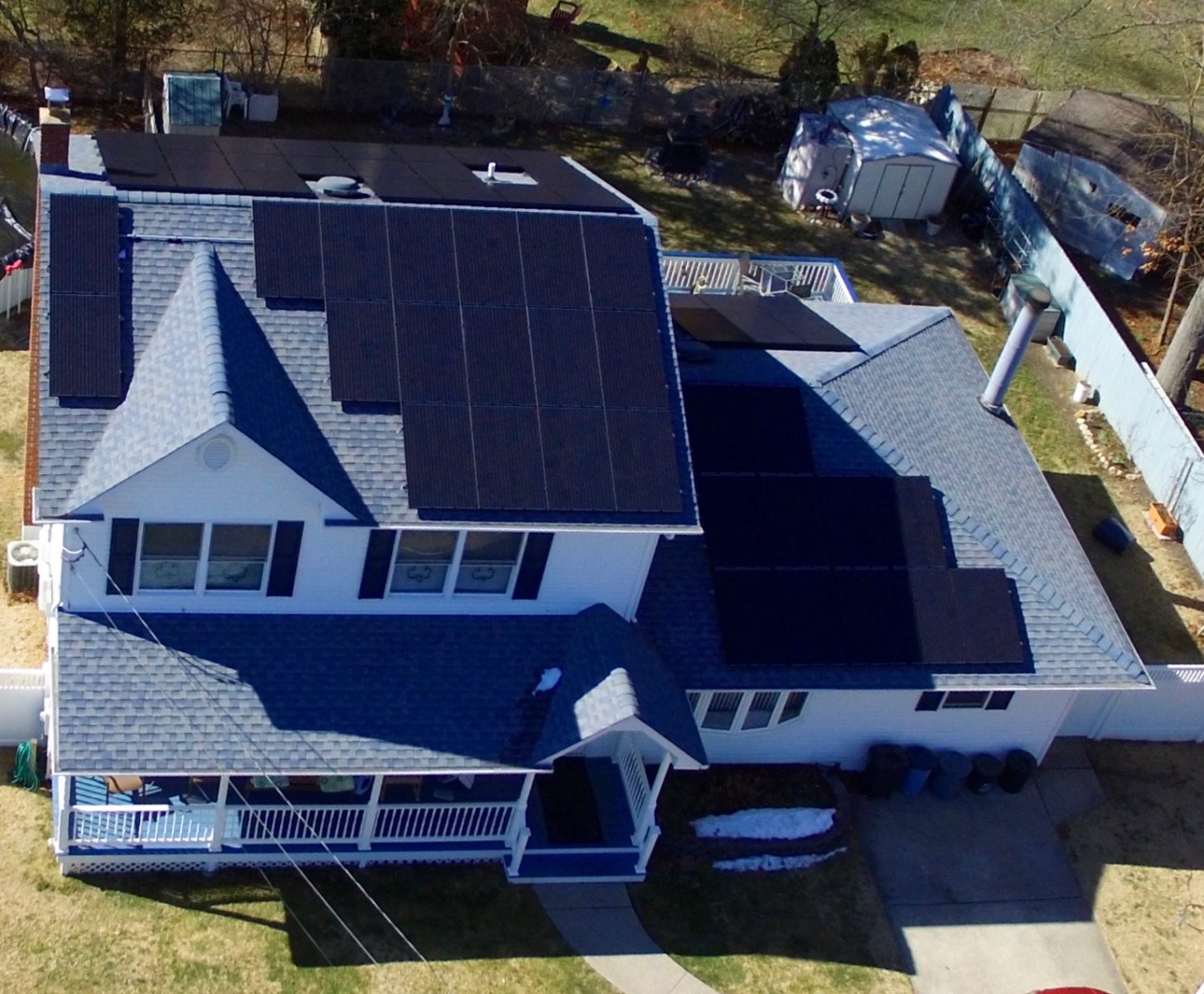
These are the key factors you need to take into consideration in order to get the most from your solar panel investments. These are the tax incentives, payback period and net metering. It is important that you choose the best company to install solar panels. To do this, you should ask around for recommendations from friends who have recently gone solar or read reviews online. Also, make sure to compare apples to apples, so to speak. Your decision-making power will increase the more you understand solar panels.
Tax incentives
There are several federal and state tax incentives that you can use to finance solar panel investment. Tax credits can often be up to 30% in some cases. Additionally, net-metering and any other incentives may be available to you. Other incentives can be combined with solar tax credits.
The Investment Tax Credit (ITC) is a federal tax credit that can be used to help offset the cost of solar panels. The credit is applied towards the cost of solar panel purchases made during the tax-year in which the system was installed. The credit is calculated as a percentage of system cost and can go as high as 30%.

Net metering
If you are looking to maximize your savings, solar panels can be a great investment. This system allows you sell excess energy back at the utility to pay for the production costs. You can also receive energy credits from the utility company if you produce more electricity than you use each year. This can amount to hundreds of dollars.
Net metering has two functions: It reduces the strain on an electric grid and offsets the electricity costs of non-solar customers. It reduces the energy lost by sending voltage distances to the nearest power plant. While some say that net metering is unfair for non-solar electricity customers, numerous cost-benefit studies have shown that it is a valuable tool for maximizing your solar panel investment.
Investing in solar panels
Solar panels are an excellent way of saving money on electricity. Solar energy is a great solution to rising electricity costs. Your property will appreciate in value as buyers will choose homes with lower electricity bills. The best part is that solar energy has become more popular and more companies are investing in it.
There are risks when investing in solar panels. The sector has enormous growth potential. However, there are many companies that trade at excessive valuations. This makes it difficult for investors not to realize significant returns. You can always expect underperformance when you invest high prices.

Payback period
It is important to consider the payback period for solar panels before making a decision about solar energy. The cost of electricity as well as how much energy you use will affect the payback time. Divide the project costs by projected annual production to calculate the payback period. However, to get a more precise figure, more information is needed. An experienced solar contractor can help you calculate the payback period for your solar energy investment.
The payback period of solar panel investments varies, but most are between six and 10 years. The payback period can be shorter or longer depending on the circumstances of your house. For example, if your home is particularly sunny, the payback period will be shorter. Additionally, if the payback period for your house is shorter, you might be eligible for a federal tax credit.